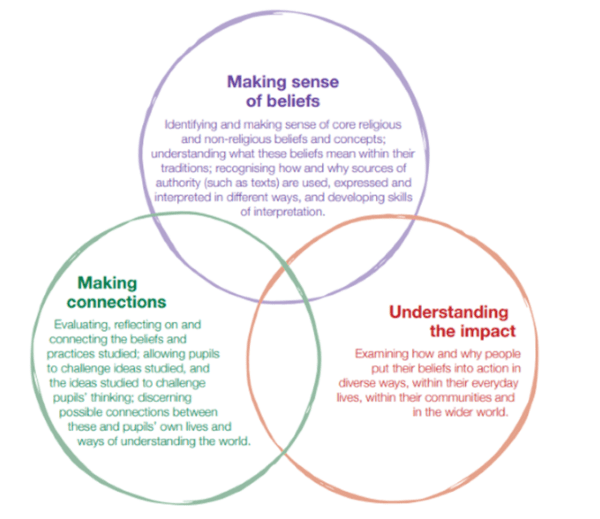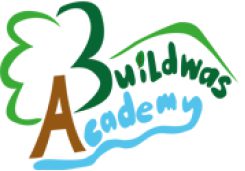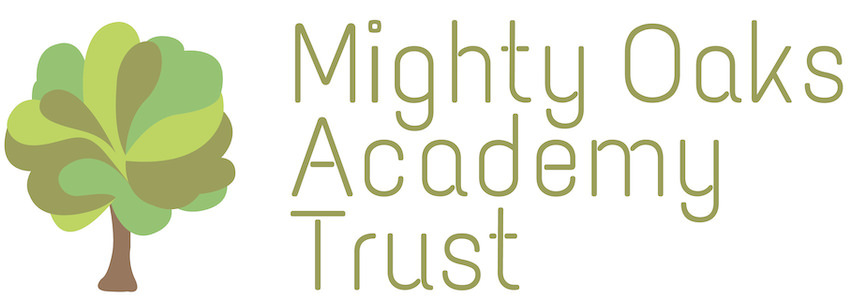INTENT
The principal intent of our Religious Education Curriculum is to explore what people believe and what difference this makes to how they live, so that pupils can gain the knowledge, understanding and skills needed to handle questions raised by religion and belief, reflecting on their own ideas and ways of living.
IMPLEMENTATION
We follow the Kapow Mixed Age scheme for Religious Education. Details of this syllabus can be found below.
Our Curriculum studies ‘thematic’ units, which build on learning by comparing the religions, beliefs and practices studied.
Pupils encounter core concepts in religions and beliefs in a coherent way, developing their understanding and their ability to handle questions of religion and belief. The teaching and learning approach aims to ensure that all pupils know about and understand a range of religions and worldviews, express ideas and insights about the nature, significance and impact of religions and worldviews and gain and deploy the skills needed to engage seriously with religions and worldviews. These themes are woven together to provide breadth and balance within teaching and learning about religions and beliefs, underpinning the aims of RE.
Teaching and learning in the classroom encompasses all three elements, allowing for overlap between elements as suits the religion, concept and question being explored.
These elements set the context for open exploration of religion and belief. They offer a structure through which pupils can encounter diverse religious traditions alongside non-religious worldviews – which reflect the backgrounds of pupils in our school. The elements present a broad and flexible strategy that allows for different traditions to be treated with integrity. These elements offer a route through each unit while also allowing for a range of questions reflecting different approaches, for example, from religious studies, philosophy, sociology, ethics and theology.

IMPACT
We see a positive impact on pupils’ attitudes and values as a result of our RE Curriculum. Pupils develop a strong respect for diverse beliefs and are compassionate towards others. They demonstrate tolerance, empathy, and appreciation for different worldviews. Pupils show a commitment to social justice, ethics, and the well-being of others, making a positive contribution to society.
Pupils also learn to analyse and evaluate religious ideas and practices. They develop the ability to question and reflect on their own beliefs and values, making reasoned and independent judgments. Pupils become confident in expressing their ideas respectfully and engaging in thoughtful dialogue with others.
We aim to provide opportunities for pupils’ spiritual and moral development. Pupils reflect on their own place in the world and consider the bigger questions of life and existence. They develop a sense of awe, wonder, and reverence for the natural world and the diversity of human experiences. Pupils cultivate a moral compass and ethical awareness, understanding the impact of their actions on others.
We use RE as a powerful tool to promote community cohesion and social integration. Pupils learn to appreciate and celebrate religious and cultural diversity, fostering positive relationships within and beyond their school community. The wider community benefits from pupils’ understanding and respect for different religious beliefs and practices, breaking down barriers and promoting harmony.

